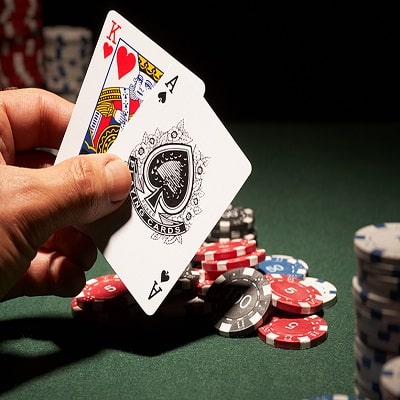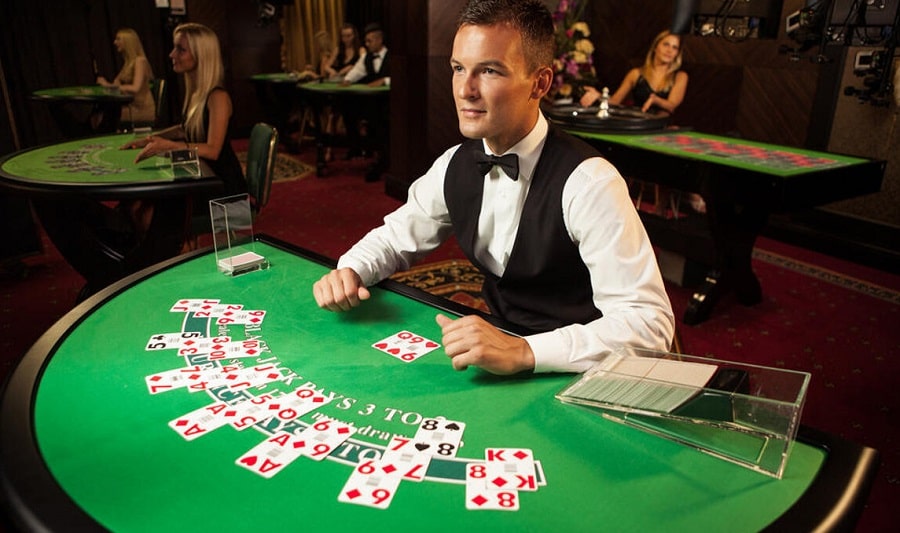
Blackjack rules for beginners
A popular game of chance, blackjack or 21 is suitable for beginners. Its peculiarity is that you can rely not only on luck. On the victory can count on any player who is well-versed in the rules, based on the basic strategy and experience, as well as doing the math.
Basic Game Concepts
Before moving on to the rules, it’s important to understand the terminology. The person in the casino who dealt the cards is the dealer. Bets are placed by using the chips you buy with the money. Watching the cards and counting them is shuffle-tracking, and hand means set. A double is a double bet, a split is a split hand and a hit is a bid for more cards.
The basic rules
To win in DB you need to beat the dealer, which means you must score more points than the casino representative. The optimal amount is 21. Winning with less, as long as the player has more points than the dealer. The amount should not exceed 21; if it happens, the player loses everything by default.
The game starts with bets – everyone makes his own. After that, all participants have two cards at their disposal. The dealer is also on this list. One of the dealt cards remains hidden; no one participant sees it.
During the gamble, players calculate the point value of their change, decide whether to fold, split or double, or forego any additional actions. This usually means that the contestant is satisfied with their hand.

The first elimination of players occurs after a rebound has taken place. Those with more than 21 points are eliminated. After that a new tally is performed.
It is not uncommon to apply the 17 point rule in the game. This means that when the points have reached this bar, the rebound stops. The winner is the one who is closest to 21.
The exception, which leads to a momentary victory, is when one of the players gets a major combination – a combination of a 10 and an Ace.
The object is to beat the dealer
The important thing to remember is that the winner is the hand that possesses the combination of cards, which together give you 21 points. But that alone is not enough. What’s important is that the dealer holds a lower number. The point of the gambling competition is precisely to beat the casino representative. If both the player and the dealer have 21 points, there would be no winner – a draw would be declared, and in some cases it could be interpreted in favor of the dealer. If both the player and the dealer have equal but less than the preferred number of points, the player will emerge as the winner. That’s why one of the secrets to a successful DB game is keeping an eye on the dealer, counting his points, analyzing and strategizing with him.
Changing rules
In some cases, it is acceptable to adjust the ground rules if no player or dealer objects. For example, you may use the Early Refusal Rule. This can be used if, after making a deal and assessing one’s chances, the player decides not to take part in the session. In this case, he will have to give 50% of his bet, but the remaining chips will be safe. Sometimes tripling is also allowed – it means that after a double the player has the right to make another bet and get another raise. If these and other extras are used wisely, the chances of winning can be increased.
